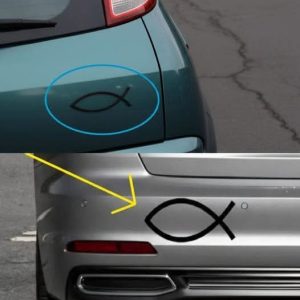The U.S. Supreme Court declined to hear a case involving a Massachusetts student barred from wearing a T-shirt that read “There are only two genders.” The student’s guardians argued the ban violated the First Amendment, citing Tinker v. Des Moines, a 1969 ruling affirming students’ rights to free speech in schools.
Justices Clarence Thomas and Samuel Alito dissented, stating that the lower courts had misapplied the Constitution. Alito emphasized that if schools discuss topics like gender identity, they must also allow dissenting views, including those that may be unpopular or controversial.
The student, identified as L.M., was represented by the conservative legal group Alliance Defending Freedom. His guardians sued the Middleborough school district after administrators at Nichols Middle School prohibited him from wearing two shirts, including one that read “there are censored genders.”
School officials argued that the T-shirts created a harmful environment for transgender and gender-nonconforming students, some of whom were already struggling with mental health issues, including suicidal ideation. The district claimed the shirts disrupted students’ ability to focus and conflicted with efforts to ensure student well-being and safety.
Although the Supreme Court refused to take this specific case, it has agreed to consider another significant issue this term: whether Tennessee’s ban on gender-affirming care for minors constitutes sex discrimination. The ruling could affect similar laws in nearly half the U.S., with a decision expected by summer.
Separately, the Court also intervened last week to temporarily block transparency-related orders against the Department of Government Efficiency (DOGE), an agency created by former President Trump. Chief Justice John Roberts issued an administrative stay without explanation, delaying a lower court ruling that required the agency to respond to freedom of information requests tied to ongoing litigation.




